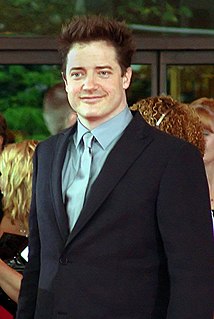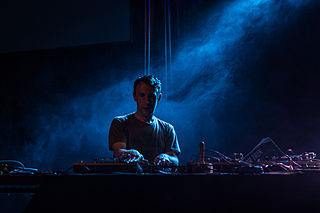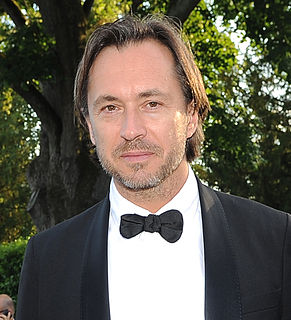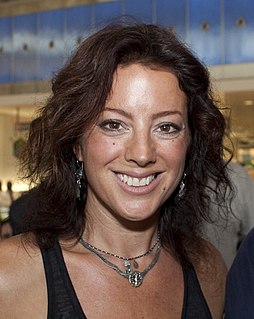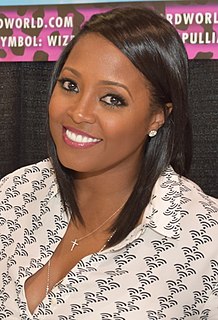A Quote by Michael Haneke
Of course there are many films about the period of Fascism itself but I don't know of any about that period beforehand. But it wasn't that specific fact that they weren't there that got me to think about this in the first place. It's not what led to the basic idea for the film, although it became apparent when I began to think about it.
Related Quotes
I like the idea of making films about ostensibly absolutely nothing. I like the irrelevant, the tangential, the sidebar excursion to nowhere that suddenly becomes revelatory. That's what all my movies are about. That and the idea that we're in possession of certainty, truth, infallible knowledge, when actually we're just a bunch of apes running around. My films are about people who think they're connected to something, although they're really not.
I don't come from a film background. I haven't learned anything about films or film-making. But I have a thirst to know everything about my profession. I want to learn about cinematography, about editing, about music recordings, about post-production. So when people in the know talk, I willingly listen.
I think that film festivals, we're very often given to understand, are about filmmakers and about films and about the industry of filmmaking. I don't believe that they are, I believe that film festivals are about film audiences, and about giving an audience the encouragement to feel really empowered and to stretch the elastic of their taste.
The fun part, I will admit this much, there is a period when listening to my music is fun, and that's when I'm making it. There's a tiny little window before something gets old, but after it's come to fruition. There's a little window there where I can listen to a song probably about five times, and I'll really think it's awesome. That's kind of the period that lets me know when I - 99 percent of the time, that period is right about whether a song is going to be a keeper for an album or just a throwaway track that never gets - in that little window.
I do feel that the world is entering into a period of the incredible period of reflection and introspection. A lot of people are questioning the future, and I can't help but think that's a positive thing. I'm not sure about the art world, but the design world may be able to offer some solutions. Design is about troubleshooting. As a designer, I ultimately feel like a gun for hire. Companies hire me because they've got a problem. That's kind of what it boils down to. And I think this is a moment in our history where we need different solutions.
I think it [Trouble In Mind] was the only time Divine didn't appear in drag, or certainly one of the few times, anyway. Alan created a time and place that was no time and no place, so it was not identifiable with any particular period or any particular city or any particular country, for that matter. I mean, everybody spoke English, but that was about it. So you couldn't pigeonhole that film.
When I first went into freelancing, I think there was a period of about eight months when nothing happened. Everything that I wrote crumbled up, and then it became a self-destructive thing - when you begin to doubt yourself, when doubt turns into - it's sort of like impotence. Once impotent, you're forever impotent. Because you're always worried about being impotent.
To spend any time with someone who is among the top five film composers of the last 50 years is pure gold dust. I mean, not necessarily stylistically, because everyone is different in what their music sounds like, but the approach and how to look at a film, how to think about a film, how to decide what you want to do, how to think about characters, how to think about art, how to think about narrative, how to liaise with producers, how to liaise with directors.

